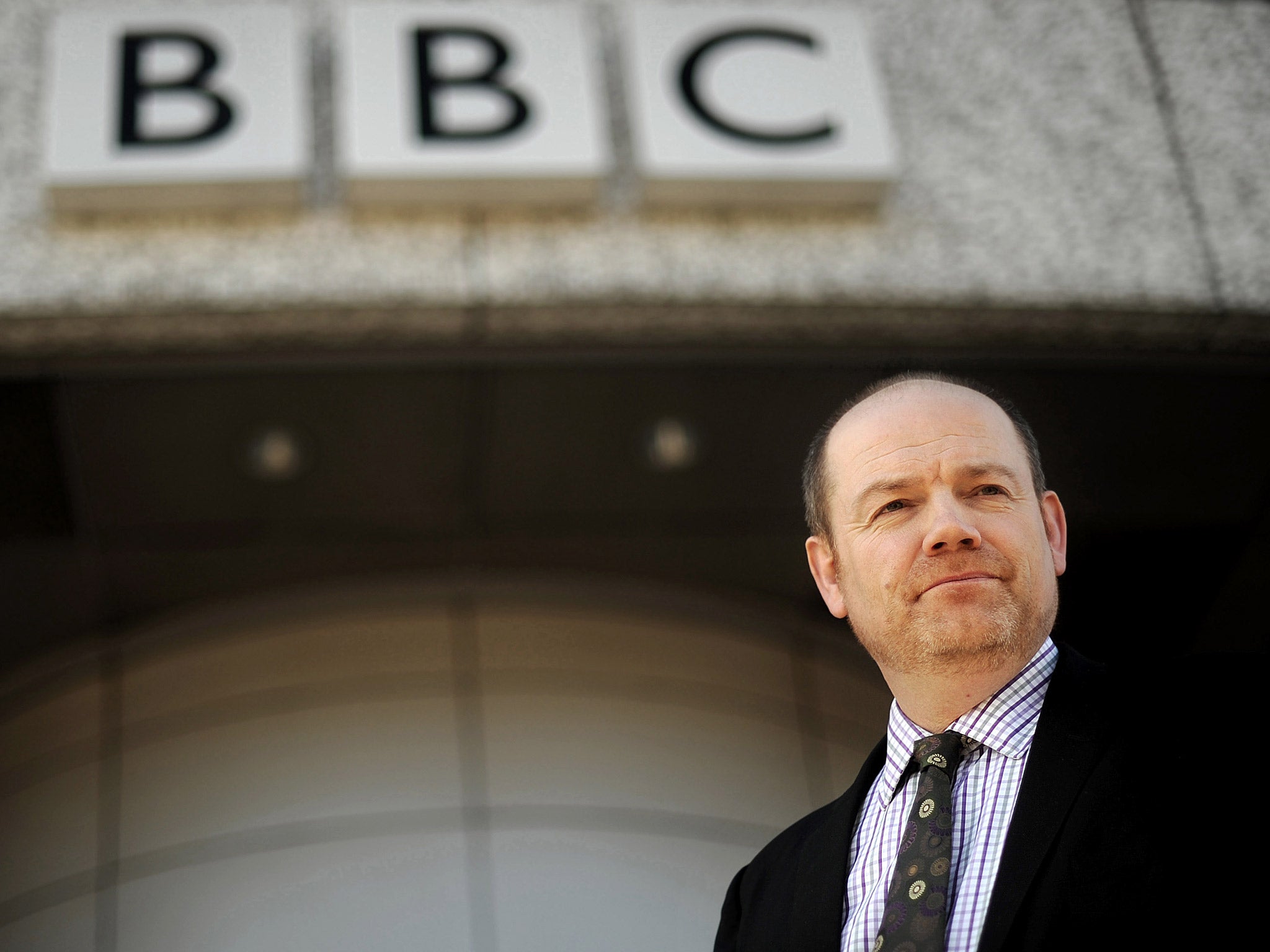Former BBC boss Mark Thompson to face MPs again over report into failed £100m digital project
Report finds that flaws in the project could have been identified two years before it was finally shut down - at a cost of £100m

Your support helps us to tell the story
From reproductive rights to climate change to Big Tech, The Independent is on the ground when the story is developing. Whether it's investigating the financials of Elon Musk's pro-Trump PAC or producing our latest documentary, 'The A Word', which shines a light on the American women fighting for reproductive rights, we know how important it is to parse out the facts from the messaging.
At such a critical moment in US history, we need reporters on the ground. Your donation allows us to keep sending journalists to speak to both sides of the story.
The Independent is trusted by Americans across the entire political spectrum. And unlike many other quality news outlets, we choose not to lock Americans out of our reporting and analysis with paywalls. We believe quality journalism should be available to everyone, paid for by those who can afford it.
Your support makes all the difference.Mark Thompson, the former BBC Director-General, will be hauled back before Parliament to explain why he had told MPs that a scrapped digital project, which wasted £100m of licence-fee cash, was on course to succeed.
A report by consultants PwC into the Digital Media Initiative (DMI) found that flaws in the project could have been identified two years before it was finally shut down in May of this year.
DMI was being developed to allow BBC staff to create, share and manage video content at their desks.
The report, which cost the BBC £263,340 to produce, found that no single event or issue caused DMI to fail. Serious weaknesses in project management and reporting, a lack of focus on business change, together with piecemeal assurance arrangements, meant that it took the BBC too long to realise that the project was in serious trouble and unlikely to deliver its objectives.
Numerous areas were “not fit for purpose” including governance of the project, arrangements for reporting progress to BBC bosses and risk management.
BBC bosses lacked the technical knowledge “to challenge progress on DMI from a technology perspective” - knowledge “which could have provided a broader, more robust oversight”.
The report said: “We are of the view that had appropriate governance, risk management and reporting arrangements been established from the outset, then the process of preparing a revised business case for DMI could have been commenced as early as July 2011. It took longer than we would have expected for the BBC to reach executive agreement on the future for DMI.”
However in February 2011, Mr Thompson, now chief executive of the New York Times Company, told the Commons Public Accounts Committee that DMI was “out in the business”, that there were “many programmes being made with DMI” and that it had contributed to on-air broadcasts.
He said the initiative was on track to “fully deliver” for BBC North and Salford and ruled out any “significant further delays” in its introduction.
Margaret Hodge, who chairs the committee, wants to establish if MPs were misled over DMI’s progress at the session. A spokesman for the Committee said Mr Thompson would be asked to return in January to answer further questions, following the PwC report.
The corporation’s chief technology officer John Linwood, who was paid £280,000 a year, was earlier this year suspended on full pay pending the outcome of investigations.
Diane Coyle, Vice Chairman of the BBC Trust, said that failure of the DMI project “came at an unacceptable cost to licence fee payers” and acknowledged “serious weaknesses in the governance of the project.”
Dominic Coles, the BBC’s director of operations, said that the corporation has a high technical pedigree with projects such as the BBC iPlayer but had “got this one wrong”.
Mr Coles said. “We know it is vital to spot problems early, which is why we have overhauled how these projects are run to ensure this doesn’t happen again.”
Last week the BBC executive and BBC Trust announced new governance arrangements for overseeing big projects.
The Trust said it would be “more rigorous and transparent about assessing BBC performance in future and that will include retrospective reviews of other big projects and an assessment, for 2014-15, of the BBC’s progress in implementing PwC's recommendations.”
Tony Hall, the BBC Director-General, abandoned the project in May, saying it had “wasted a huge amount of licence fee payers’ money”. A report was commissioned to review what lessons could be learned.
Join our commenting forum
Join thought-provoking conversations, follow other Independent readers and see their replies
Comments